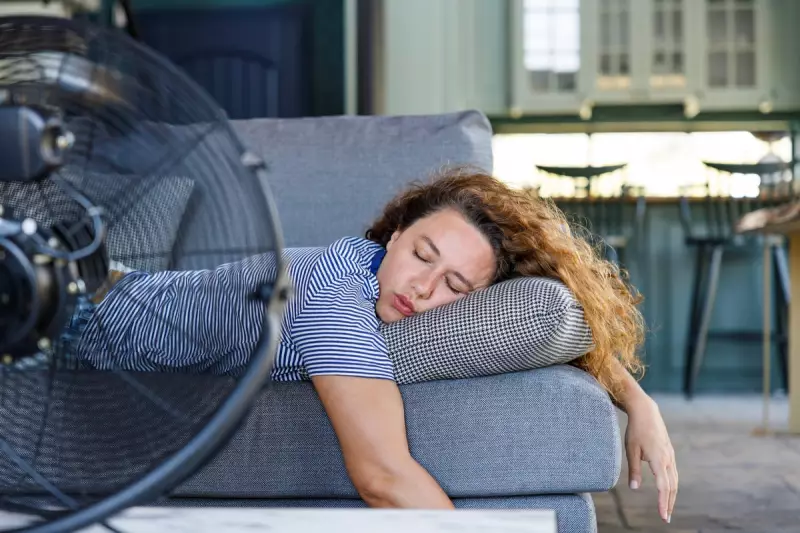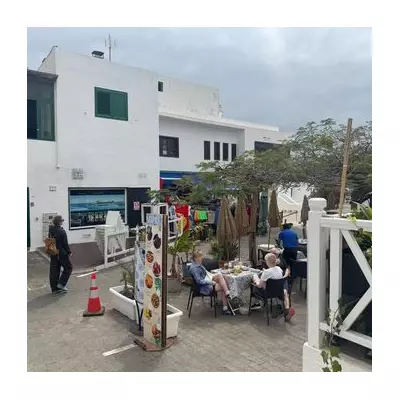
With the mercury rising across the United Kingdom, households are grappling with the dual challenge of staying cool and managing soaring energy costs. Experts are now urging Brits to adopt smart, cost-effective strategies to keep their homes comfortable without resorting to expensive air conditioning units.
Smart Strategies for a Cooler Home
Contrary to instinct, simply blasting a fan all day isn't the most efficient method. The key is strategic use: placing a bowl of ice or a frozen water bottle in front of a fan can dramatically increase its cooling effect, creating a refreshing, chilled breeze.
Another crucial tactic is managing when heat enters your home. Keeping windows, blinds, and curtains closed during the sunniest parts of the day is essential to block out solar gain. The best time to ventilate your home is during the cooler early morning and late evening hours.
Long-Term Solutions for Future Heatwaves
For those considering more permanent solutions, experts highlight the benefits of improving home insulation. Quality insulation in lofts and walls works year-round, keeping homes warm in winter and significantly cooler in summer by acting as a barrier against external heat.
While still a significant investment, heat pumps are emerging as a versatile alternative. Unlike traditional air conditioning, they can provide efficient cooling in the summer and heating in the winter, offering a dual benefit that can improve long-term energy efficiency.
Why Air Conditioning is a Last Resort
Energy experts consistently advise against standard air conditioning units for most UK households. They are notoriously energy-intensive, leading to exorbitant electricity bills. Their use also contributes to a negative feedback loop; the heat they expel from buildings directly warms the surrounding outside air, intensifying the urban heat island effect in cities like London, Manchester, and Birmingham.
By adopting these smarter cooling techniques, Brits can navigate the summer heatwaves more comfortably, sustainably, and affordably.





